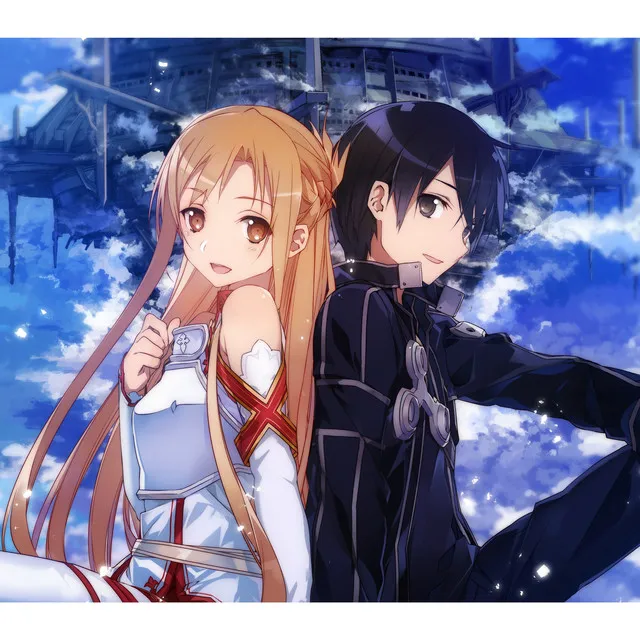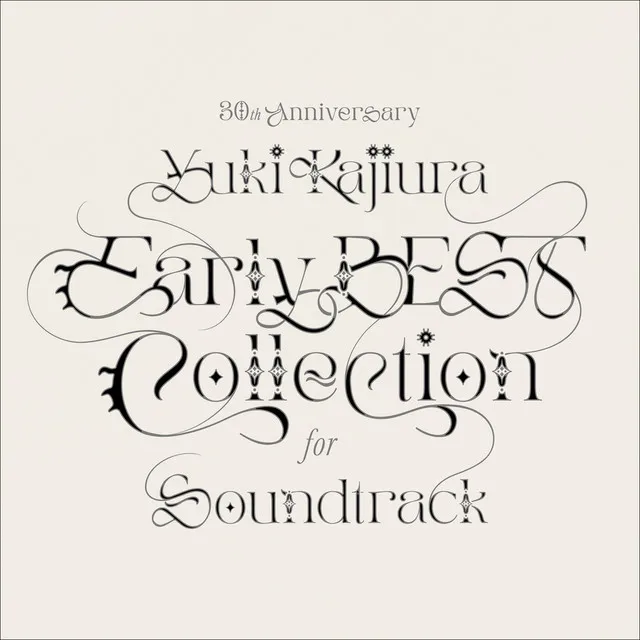A Japanese songwriter, composer, and music producer, Yuki Kajiura is most well-known for her varied pop, electronic, and classical-style work in anime television series including .hack//Sign, .hack//Roots, Noir, My-HiME, My-Otome, and Tsubasa Chronicle. Born in Tokyo and spending part of her childhood in West Germany, Kajiura wrote her first song at age seven.
With a continued interest in music, after graduating from college and finding work as an engineering programmer, she joined the all-female pop group See-Saw as keyboardist with lead singer Chiaki Ishikawa and Yukiko Nishioka. They released the album I Have a Dream in 1993, then a self-titled LP without Nishioka before temporarily disbanding in 1995. Kajiura would go on to pursue a solo music career, write songs for other musicians, and write and produce music for television series, video games, anime, commercials, and films, with her first film score appearing in the 1995 drama Tokyo Kyodai.
The duo See-Saw reunited in 2001 and became involved with the anime television series Noir, with Kajiura composing an ambient score for the show. The group's music was used for the opening and ending themes of several anime series, including the first ending theme for 2002's Mobile Suit Gundam SEED, and appears on many anime music compilations. The band released its third album, Dream Field, in 2003, the same year Kajiura released a solo record titled Fiction, a combination of anime remixes and original songs. See-Saw called it quits in 2005 so Ishikawa could focus on a solo career.
Kajiura collaborated again with Noir director Koichi Mashimo on the 2007 series El Cazador de la Bruja, among other anime projects. That same year, she and Sony Music Japan formed the all-female band Kalafina, mainly to record Kajiura's songs for anime series. Members included Keiko Kubota, Hikaru Masai, Wakana Otaki, and Maya Toyoshima, with Toyoshima leaving the group after a year. In 2008, the composer scored the live-action film Achilles and the Tortoise and formed FictionJunction, a name under which different vocalists individually performed her songs. Participants included Kubota and Otaki from Kalafina, Yuriko Kaida, Asuka Kato, and Kaori Oda, all of whom were featured in anime series via the collaboration. Kalafina would release four studio albums: 2009's Seventh Heaven, 2010's Red Moon, 2011's After Eden, and 2013's Consolation.
Kajiura released a second solo album, Fiction II, in 2011 among continued anime, film, video game, and TV drama output, including scoring the 2014 television drama series Hanako to Anne. ~ Marcy Donelson, Rovi


